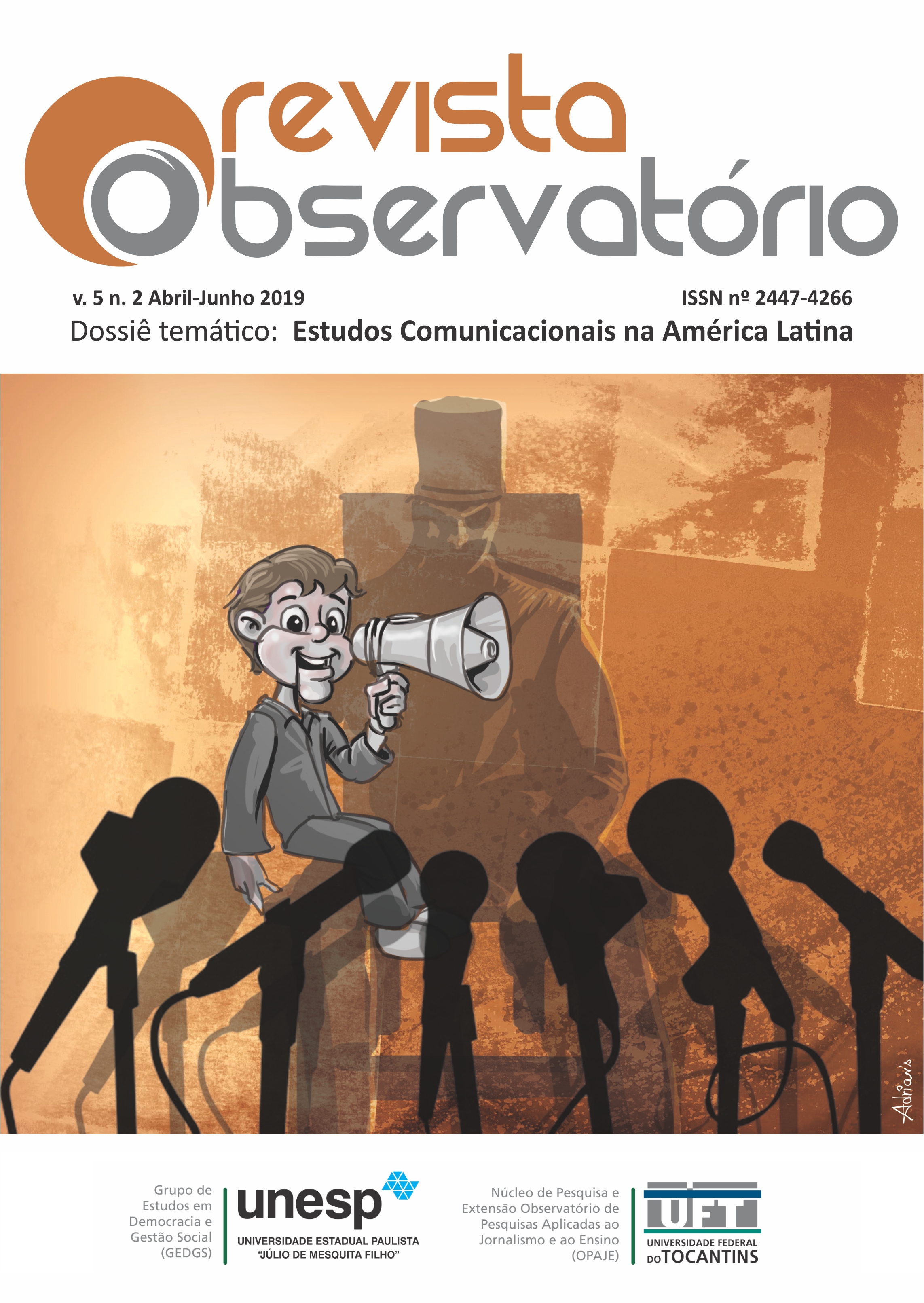SOCIAL STUDIES EDUCATION AT THE ELEMENTARY LEVEL IN QUÉBEC SINCE THE PUBLICATION OF THE RAPPORT PARENT IN 1964: Foundations, Perspectives and Conceptual Framework
DOI:
https://doi.org/10.20873/uft.2447-4266.2019v5n2p174Keywords:
Teaching, social studies, elementary level, characteristicsAbstract
ABSTRACT
This paper, presents a critical analysis of the scientific professional documentation regarding the teaching of social and human sciences at the elementary level in Québec, published after the release of the Rapport de la commission royale d’enquête sur l’enseignement dans la province de Québec, in 1964, better known under the name of Rapport Parent. The purpose of this article is to highlight a number of tensions and ruptures from foundation, the perspectives and the conceptual framework that characterizes the field of social studies education at the elementary level in Québec during a fifty-year period. We refer to the existence of tension between the purposes of emancipation and socialisation; tension between subjects who know how to adapt themselves and have the capacity to think; tension between a constructed knowledge and reified knowledge; and, tension between natural approaches and scientific approaches. The tensions identified in the literature illustrate the wide range of concepts and points of view that are directly linked to the underlying foundation of the thought process of those who collectively implement the teaching of social studies into the education system, sometimes influenced by the so-called personalist theories, other times by technologic theories, and even by constructivist theories (Bertrand, 1993).
KEYWORDS: Teaching, human sciences, elementary level, characteristics.
RESUMEN
Este documento presenta un análisis crítico de la documentación profesional científica sobre la enseñanza de las ciencias sociales y humanas en el nivel elemental en Quebec, publicada después del lanzamiento del Informe de la Comisión Real de Enseñanza sobre la Educación en la provincia de Quebec, en 1964, mejor conocido bajo el nombre de Rapport Parent. El propósito de este artículo es destacar una serie de tensiones y rupturas desde la base, las perspectivas y el marco conceptual que caracteriza el campo de la educación en estudios sociales en el nivel de primaria en Québec durante un período de cincuenta años. Nos referimos a la existencia de tensiones entre los propósitos de emancipación y socialización; Tensión entre sujetos que saben adaptarse y tienen la capacidad de pensar. Tensión entre un conocimiento construido y un conocimiento reificado. y, tensión entre enfoques naturales y enfoques científicos. Las tensiones identificadas en la literatura ilustran la amplia gama de conceptos y puntos de vista que están directamente relacionados con el fundamento subyacente del proceso de pensamiento de quienes implementan colectivamente la enseñanza de los estudios sociales en el sistema educativo, a veces influenciados por los llamados Teorías personalistas, otras veces por teorías tecnológicas e incluso teorías constructivistas (Bertrand, 1993).
PALABRAS CLAVE: enseñanza, ciencias humanas, nivel elemental, características.
RESUMO
Este artigo apresenta uma análise crítica da documentação do profissional científico sobre o ensino de ciências sociais e humanas em nível elementar no Quebec, publicado após o lançamento do relatório da comissão real sobre o pensamento na província de Québec. , em 1964, mais conhecido sob o nome de Rapport Parent. O objetivo deste artigo é destacar uma série de tensões e rupturas desde a fundação, as perspectivas e a estrutura conceitual que caracteriza o campo da educação em estudos sociais no nível fundamental em Quebec durante um período de cinquenta anos. Referimo-nos à existência de tensão entre os propósitos de emancipação e socialização; tensão entre sujeitos que sabem se adaptar e ter capacidade de pensar; tensão entre um conhecimento construído e conhecimento reificado; e tensão entre abordagens naturais e abordagens científicas. As tensões identificadas na literatura ilustram a ampla gama de conceitos e pontos de vista que estão diretamente ligados à base subjacente do processo de pensamento daqueles que implementam coletivamente o ensino de estudos sociais no sistema educacional, às vezes influenciados pelo chamado teorias personalistas, outras vezes por teorias tecnológicas, e até por teorias construtivistas (Bertrand, 1993).
PALAVRAS-CHAVE: Ensino, ciências humanas, nível elementar, características.
Downloads
Downloads
Published
How to Cite
Issue
Section
License
[PT] Autores que publicam nesta revista concordam com os seguintes termos:
1. Autores mantém os direitos autorais e concedem à revista, sem pagamento, o direito de primeira publicação, com o trabalho simultaneamente licenciado sob a Creative Commons Attribution License (CC BY-NC 4.0), permitindo o compartilhamento do trabalho com reconhecimento da autoria do trabalho e publicação inicial nesta revista.
Leia todos os termos dos direitos autorais aqui.

